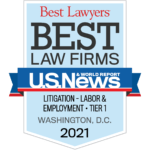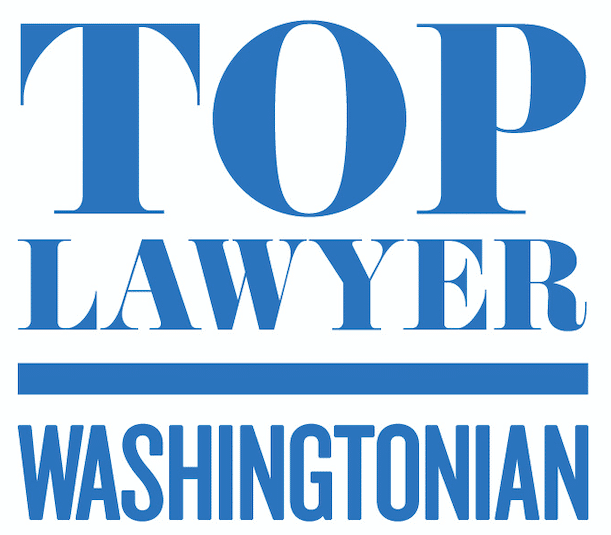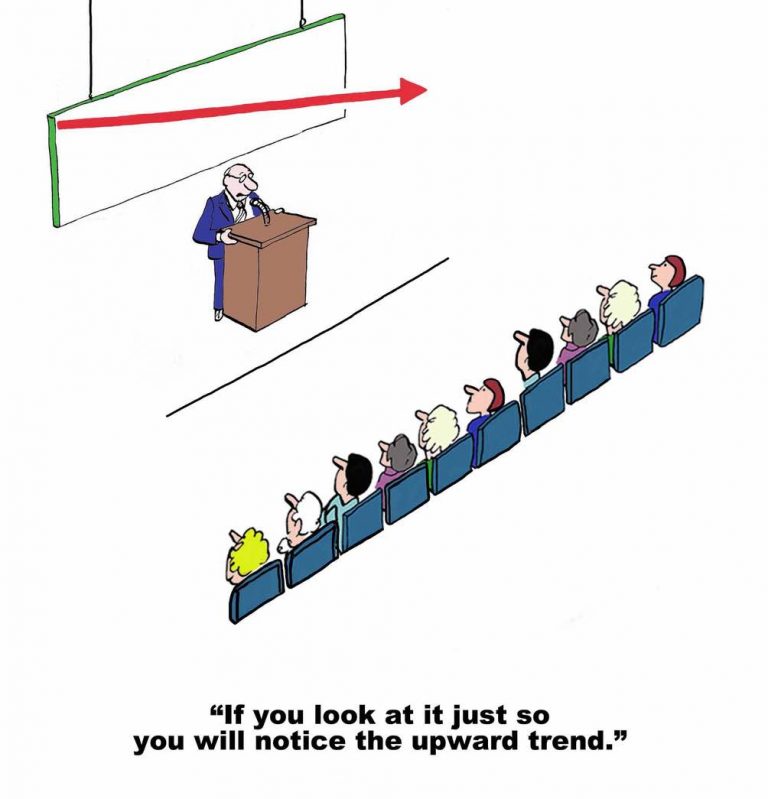Yes. “Item 303 provides a critical backstop to prevent unscrupulous issuers from exploiting the trust that reasonable investors place in submissions made in purported compliance with SEC disclosure requirements. Indeed, a partial disclosure is particularly likely to create a false impression of completeness when it is offered in an MD&A, which reasonable investors understand must disclose the information that Item 303 requires.” Solicitor’s brief in Leidos, Inc. v. Indiana Public Retirement System.
Item 303 or Regulation S-K requires issuers to disclose all known trends, events, or uncertainties that are reasonably likely to affect the issuer’s financial condition and prospects. Where an issuer files an incomplete or partial MD&A disclosure, it is likely to create a false impression of completeness because investors expect that the MD&A disclosure will be complete. In other words, a reasonable investor would understand the MD&A disclosure as implicitly representing that the issuer had disclosed all the information Item 303 requires.
To establish Section 10(b) liability for an incomplete MD&A disclosure, there is a required showing that:
- the omission was material; and
- the issuer acted with scienter.
SEC Whistleblower Lawyers’ Guide to SEC Whistleblower Awards
Under the SEC Whistleblower Program, the SEC will issue awards to whistleblowers who provide original information that leads to enforcement actions with total monetary sanctions (penalties, disgorgement, and interest) in excess of $1 million. In exchange for the valuable information, a whistleblower may receive an award of between 10% and 30% of the total monetary sanctions collected.
In determining an award percentage, the SEC considers the particular facts and circumstances of each case. For example, positive factors that may increase an award percentage include the significance of the information, the level of assistance provided by the whistleblower and the whistleblower’s attorney, and the law enforcement interests at stake. On the other hand, negative factors that may decrease an award percentage include unreasonable delay in reporting the violation to the SEC and the culpability or involvement of the whistleblower in the violation. For more information, see the SEC Office of the Whistleblower’s Guidance for Whistleblower Award Determinations and Approach to Processing Whistleblower Award Claims.
Since 2012, the SEC Whistleblower Office has issued more than $1 billion in awards to whistleblowers. The largest SEC whistleblower awards to date are $114 million and $110 million. See some of the SEC whistleblower cases that have resulted in multi-million dollar awards.

In conjunction with our courageous clients, our SEC whistleblower lawyers have helped the SEC halt multi-million dollar investment schemes, expose violations at large publicly traded companies, and return funds to defrauded investors.










